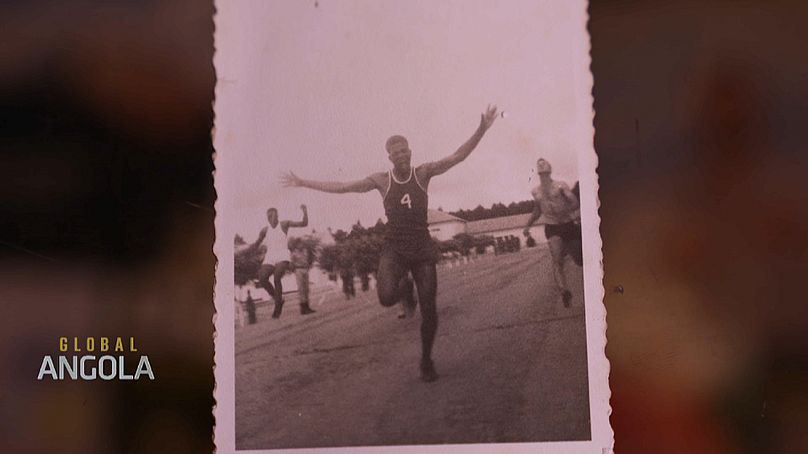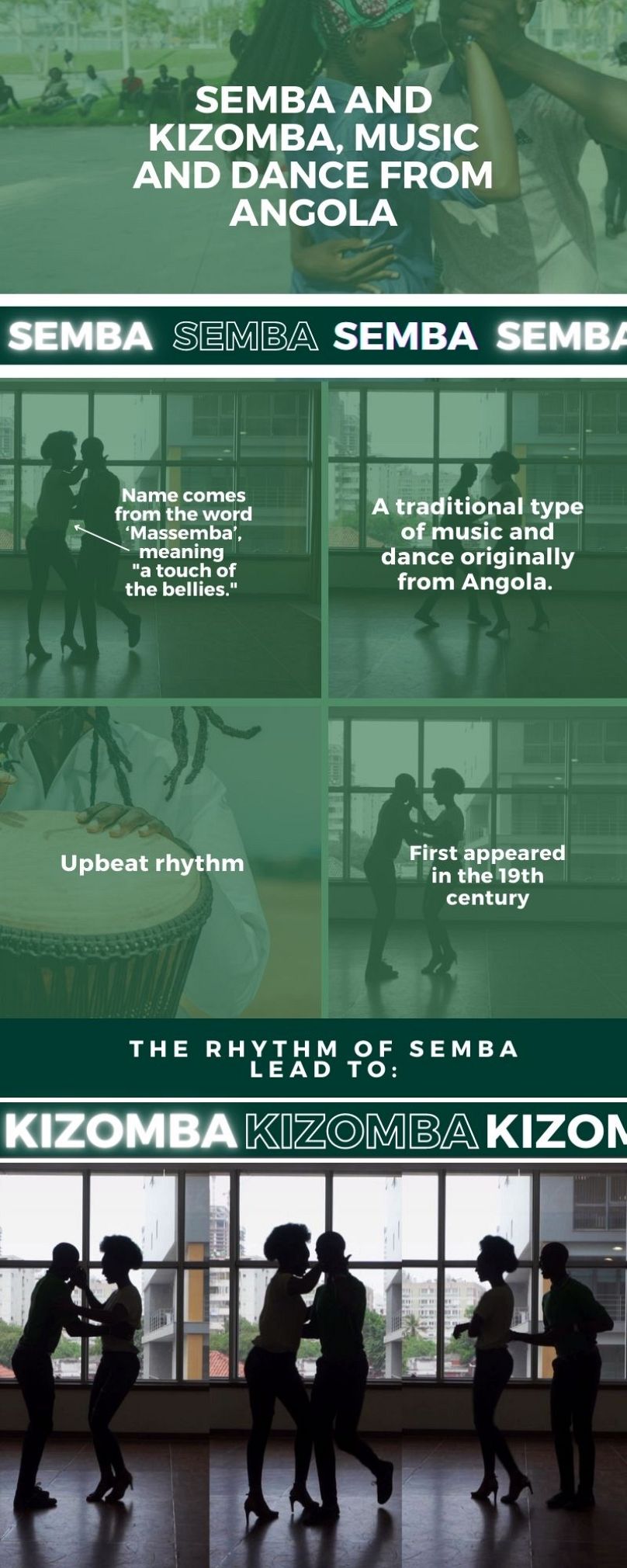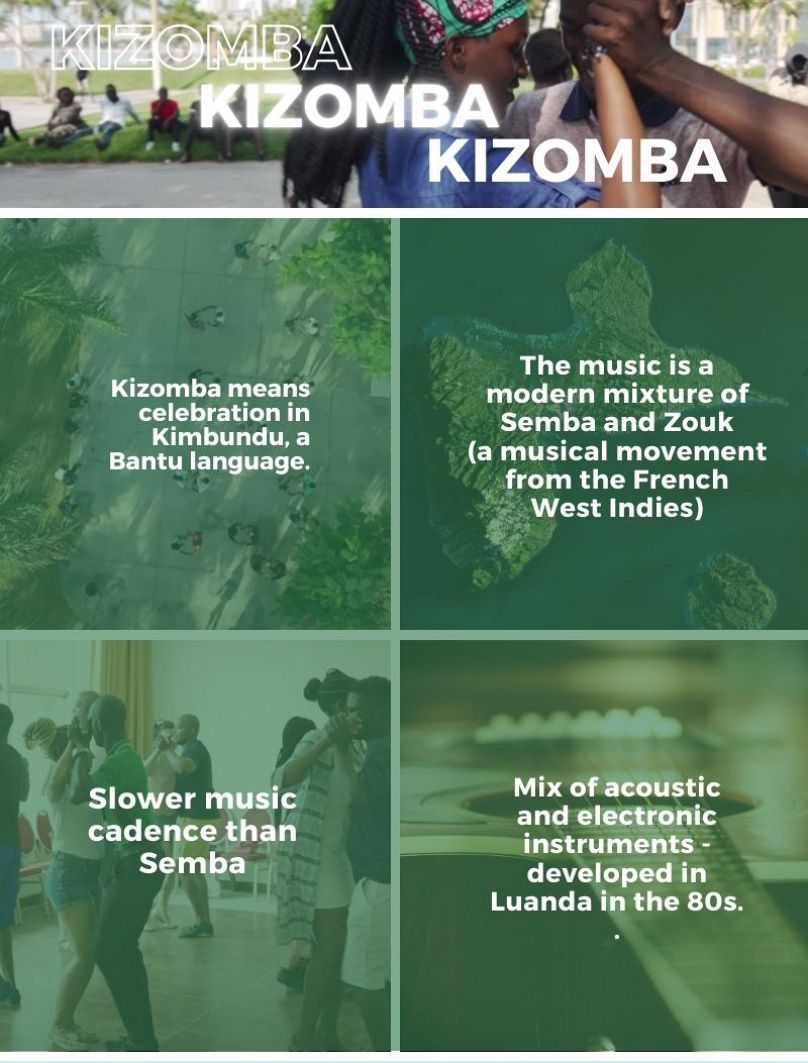Famous Angolan singer, Bonga, has been an athlete and stood up against colonial rule. His music is known worldwide and continues to inspire.
This episode of Global Angola comes to you from Lisbon where we'll shed some light on the life and work of Angolan musician, José Adelino Barceló de Carvalho, or as he's commonly known, Bonga. He's famous not only for his music, but also for being a global symbol of African liberation and independence.
Born in 1942, Bonga was raised in Angola. But that's not where his musical career began. He was first a promising athlete. At the age of 23 he took his running skills to Portugal and joined Benfica. It was there that he became thePortuguese record holder for the 400 metres.
But he was also an outspoken supporter of independence in his native Angola, a Portuguese colony at the time. The result of which ultimately forced him into exile in the Netherlands.
Despite his positivity and optimism, Bonga's memories of giving up sport have left some sad memories that he described to me:
“I left athletics with deep sorrow because I loved it, I loved Benfica, and the experience.
"But I had to abandon it, as I was part of a political cell and the other people from the cell had already been arrested in Angola.
"After receiving this information, I left Portugal.”
In the Netherlands, Bonga switched his full-time focus to music. He is now known worldwide for his Semba style of music.
What's Semba music?
In his own words, Bonga describes Semba as "Angolan music which is full of joy, peace, harmony and very positive vibes.”
In 1972, he released a controversial album called Angola 72. The songs tell the stories of the people who kept quiet and were complicit during the Portuguese colonisation of Angola, a dangerous topic at the time.
One of Bonga's many fans is his niece Erika. She paints a striking picture of her uncle and describes how his music touched the country:
“Bonga was ever present amongst families in Angola.
"We grew up with the music of Bonga, even though it was prohibited families used to listen to it.
"It reached a lot of children.
"Singing and revealing things many weren’t aware of about our land.”
The Carnation Revolution in April 1974 and the subsequent end of the authoritarian and conservative Portuguese government regime, Estado Nuevo, would eventually see the end of the country's rule in Angola in 1975.
Bonga was eventually able to move back to Portugal and his popularity grew. In 2014, he was even honoured by the French government for his contribution to the arts.
Now back at his home in Lisbon, aged 78, he has time to reflect on his younger years. He has almost 40 albums under his belt and is still going strong.
This time his latest track, called Kudia Kuetu, is inspired by Angolan food.
Bonga told me about the significance of some of the food from his homeland:
"Kúdia Kuetu means our food, our gastronomy.
"This kind of food is part of our traditions."
Food is undoubtedly a part of Angolan traditions, but so is the ambassador of African music, Bonga.




